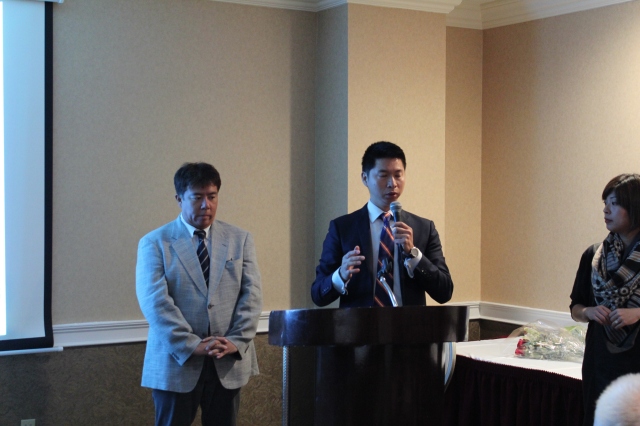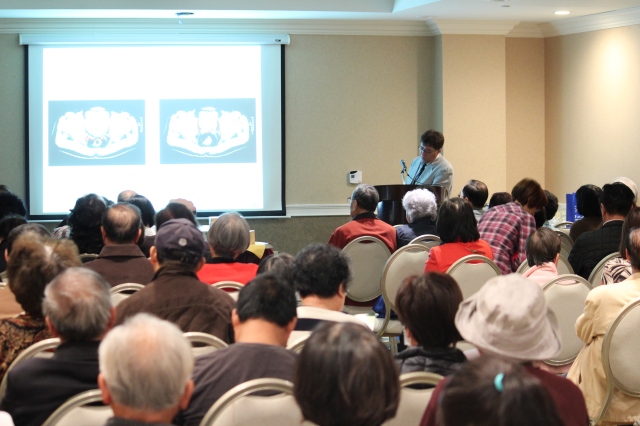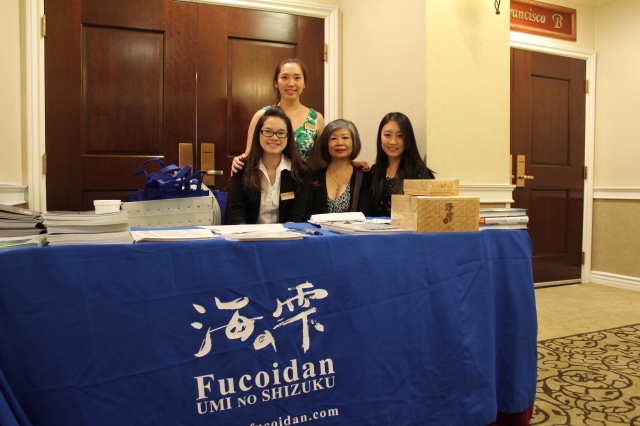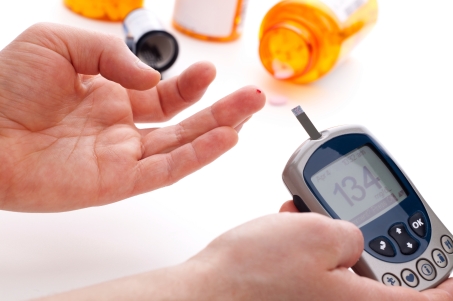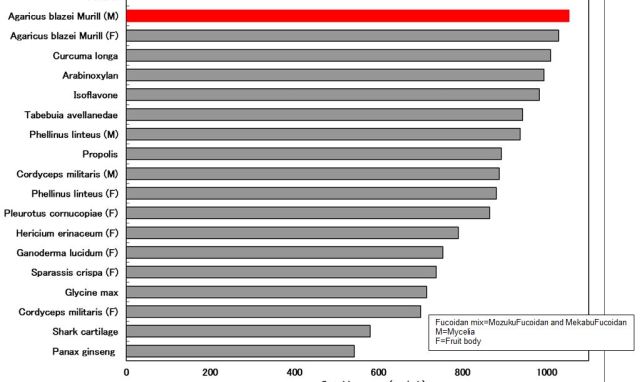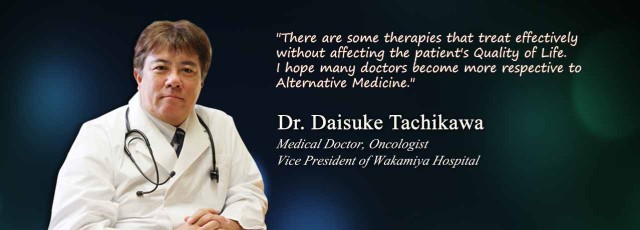In my research on health and alternative medicine I frequently come across numbers that shock me. Lately, I have been thinking a lot about a report from the World Health Organization that said 13% of all deaths worldwide were due to cancer. That means one out of every eight people will eventually succumb to cancer. Unfortunately, I don’t see those numbers improving – not until we reverse our tendencies to overeat and sedentary lifestyles.
So cancer is here to stay. But of course we can do something about it. There are the common treatments, the chemotherapy and radiation. But you probably know all those. That’s not why you’re here. You want to know is there a more natural method of treatment. Well, there is, and it comes from fucoidan.
I mentioned in passing in the last post that fucoidan is an immune enhancer. Its molecules are arranged in a way that makes it impossible to digest, which makes the body mistake it for something harmful. Immune cells activate in response to fucoidan, and spread throughout the body to kill other infections, including cancer. Fucoidan is especially good at increasing the activity of Natural Killer Cells, which can destroy cancer cells anywhere in the body before they would even show up in scans or blood tests. Also, at least one species of fucoidan has been shown to shrink cancer tumors after they already formed – it prevents them from spouting new blood vessels to feed themselves.
The upshot here is a completely natural (seaweed-derived) method of fighting cancer. It has no side effects, since it uses the body’s innate processes, and also unlike chemo or radiation it only destroys cancer cells. You can of course combine the herbal treatment with the traditional to get the biggest punch, but no matter which way you do it, supplementing with fucoidan can only help.

